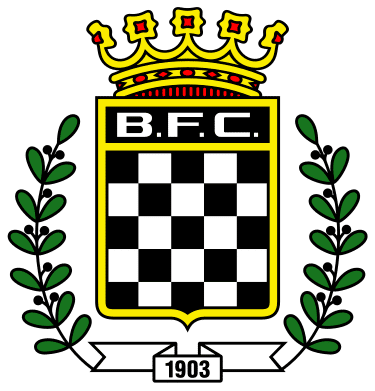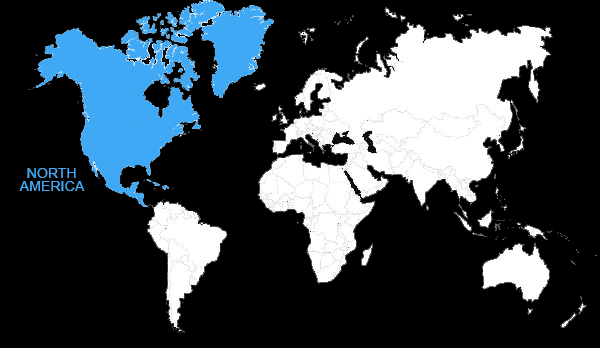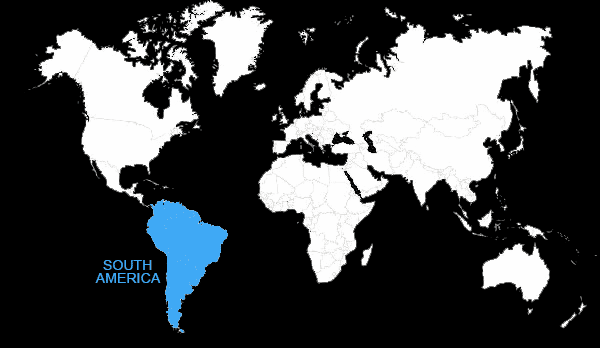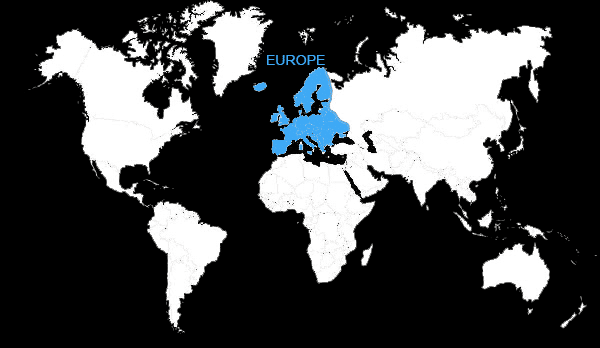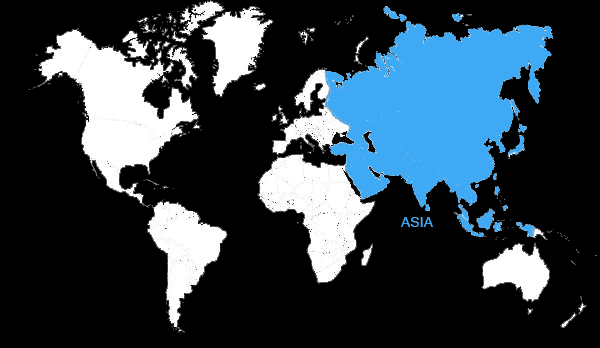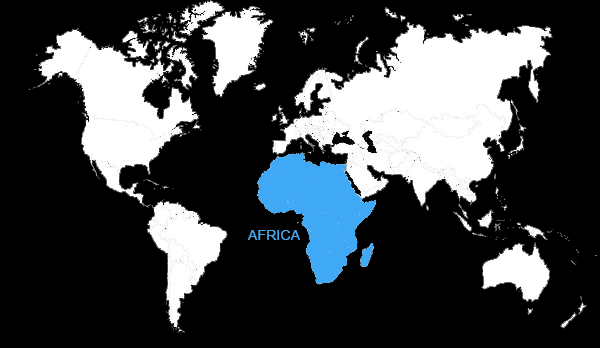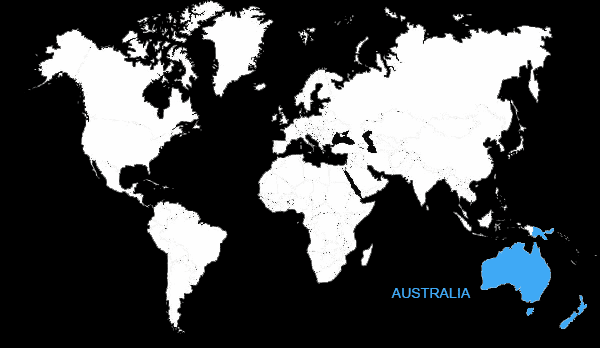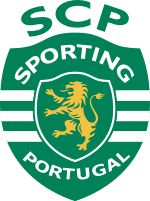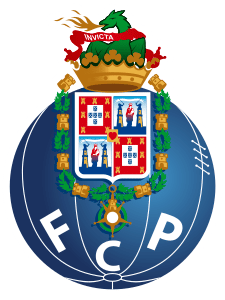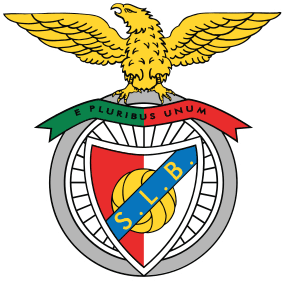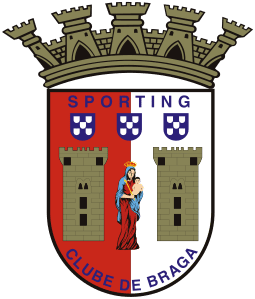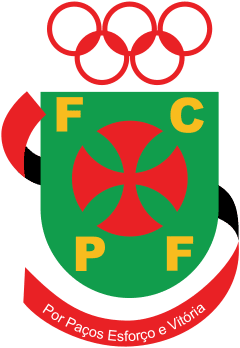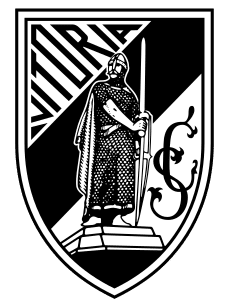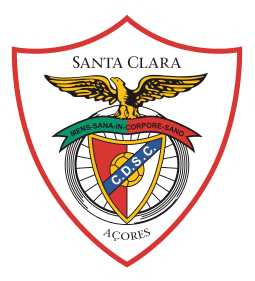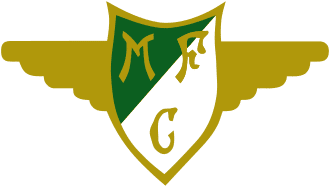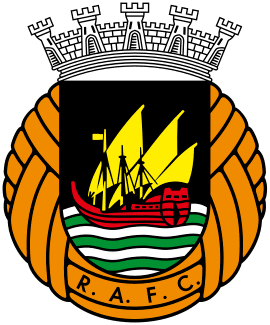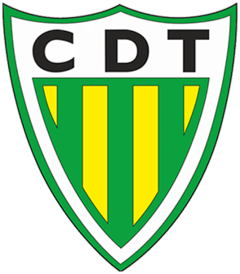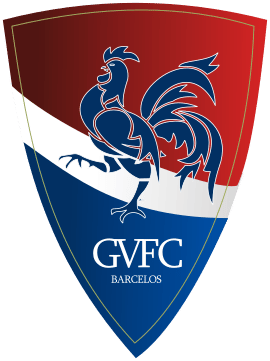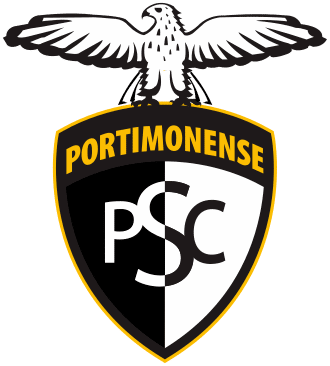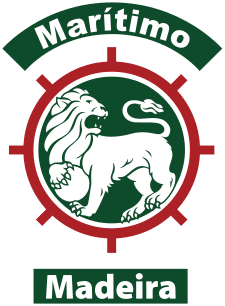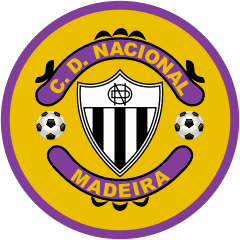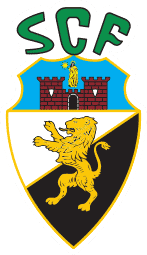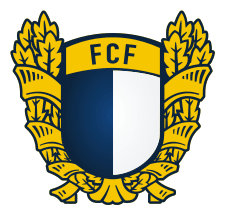Boavista FC Tryouts & Club Guide: History, Stadium, Players, and More!

Welcome!
Discover the world of soccer with fcscout.com, your go-to scout for club tryout information, club guides, player profiles, in-depth product reviews, and more. We’re dedicated to exploring and revealing the best in each domain, empowering you with knowledge to make informed choices.
Thank you for being here!
Hi, I’m Carlos! A coach, sports enthusiast, and the founder of FCScout.com.
I fell in love with the game at a very young age like many of you. I’ve been following and playing soccer for many years.
Throughout my career, I always enjoyed helping soccer players chase their dreams, which is why I started this website. I wanted to reach a larger audience outside of my local area and fcscout.com was born.
This website is a platform I will be using to update club pages on any tryouts, stadiums, players, tech, and more from clubs around the world. I also create free recruitment profiles for players looking to have that extra competitive edge when reaching out to clubs.
That’s it. That’s my pitch for you to stick around (or browse the site as you please).
This is already too much text for a “see more” drop-down button thing. If you want to reach out to me, head on over to my contact page 🙂

Boavista Futebol Clube, commonly known as Boavista is a Portuguese sports club from the city of Porto, Portugal. The club competes in the Primeira Liga, the top flight of Portuguese football.
Boavista F.C. Youth Development System
Bessa was the home where players like Joao Vieira Pinto, Petit, Nuno Gomes, Raul Meireles, Bosingwa, Litos, and Ricardo Costa grew up.
Even more recently, stars like Andre Gomes, Bruno Fernandes, and Goncalo Cardoso were born here.

The Boavista institution has been investing in training young sportspeople for a long time. The numbers and results show that it has won the award, being recognized as one of the best football schools in Portugal.
In the case of checkered football, the success in the training of athletes is reflected mainly in the many young people from the youths who, over the years, transition to the professional team, as well as to foreign clubs.
In addition, young athletes from various training levels are a regular presence in the Portuguese national team of the respective age group and, for the most part, reveal an extraordinary character, according to the values that Boavista has been trassmitting since 1903.
Mission
The Training Football of Boavista Futebol Clube, Futebol SAD, has its mission to become an organization of excellence, with infrastructures and external dynamics that project it as a national reference at a competitive level, with the conquest of titles and sports trainer, with demonstration of the ability to generate sporting and financial gains for the Club / SAD, thus also contributing to the enrichment of the quality of Portuguese football, without neglecting its responsibility in the social and educational field in view of what the phenomenon of football today represents for young people, as a universal and model sport.

Eyesight
Boavista Futebol Clube’s “Futebol de Futebol”, must assume itself and confirm itself, within a time span of approximately 2 to 5 years, as a national reference institution in the sports modality – Football – creating a profile of “player at Boavista” training young practitioners who have the pleasure of playing, determination and willingness to win, associating these characteristics with educational training, embodied in a successful school activity, social and human, that values them at sporting level, as well as Men prepared in other dimensions of the personal and social development.
No further information is available on the academy at Boavista FC. Please come back to this page while we monitor this club for upcoming recruitment and trail information or click here to visit their news section.
EXPLORE MORE CLUBS!
Explore more professional clubs by continent.
Boavista F.C. History
Boavista has developed into a prominent sports club in Portugal. The club has sections devoted to a variety of sports, including football, chess, gymnastics, bicycle racing, futsal, volleyball, rink hockey, and boxing, amongst others.
However, the football section is the most well-known due to their signature checkered white and black shirts. This club practices a total of 16 different sports, making it the most diverse of its kind in the North region of Portugal as well as one of the most eclectic sports clubs in Portugal overall.

Boavista is the most decorated Portuguese football club after the “Big Three,” having won 9 major domestic trophies (1 Championship, 5 Portuguese Cups, and 3 domestic Super Cups). These trophies include: 1 Championship, 5 Portuguese Cups, and 3 domestic Super Cups (Benfica, Porto and Sporting CP).
Together with Belenenses, Boavista is the only team from outside the “Big Three” to have won the Portuguese Championship, and they did so in the 2000–2001 season. Boavista competed in the Primeira Liga for a total of 50 seasons, including 39 seasons in a row there. The games played between Boavista and fellow city team Porto are frequently referred to as O Derby da Invicta. Boavista and Porto have a long-standing rivalry.
Stadium
Boavista F.C. plays its home games at the Estádio do Bessa, which is currently known as Estádio do Bessa XXI. The stadium is located in the Boavista neighborhood of Porto, Portugal. The Bessa Stadium, like the other stadiums that were used in Euro 2004, is a new ground that was built on top of the old stands.
However, unlike the other stadiums, the Bessa Stadium was constructed one section at a time, which allowed Boavista to continue playing there. Since 1911, the location that is now occupied by the new stadium was previously occupied by Campo do Bessa.

It has a total seating capacity of 28,263, and its construction cost was €45,164,726 (of which €7,785,735 was financed by the Portuguese state). Before Portugal was awarded the right to host the Euro 2004 tournament in 1999, there were already plans in place for its renovation, and by that time, preliminary construction had already begun. Grupo3 arquitectura was responsible for the design of it.
